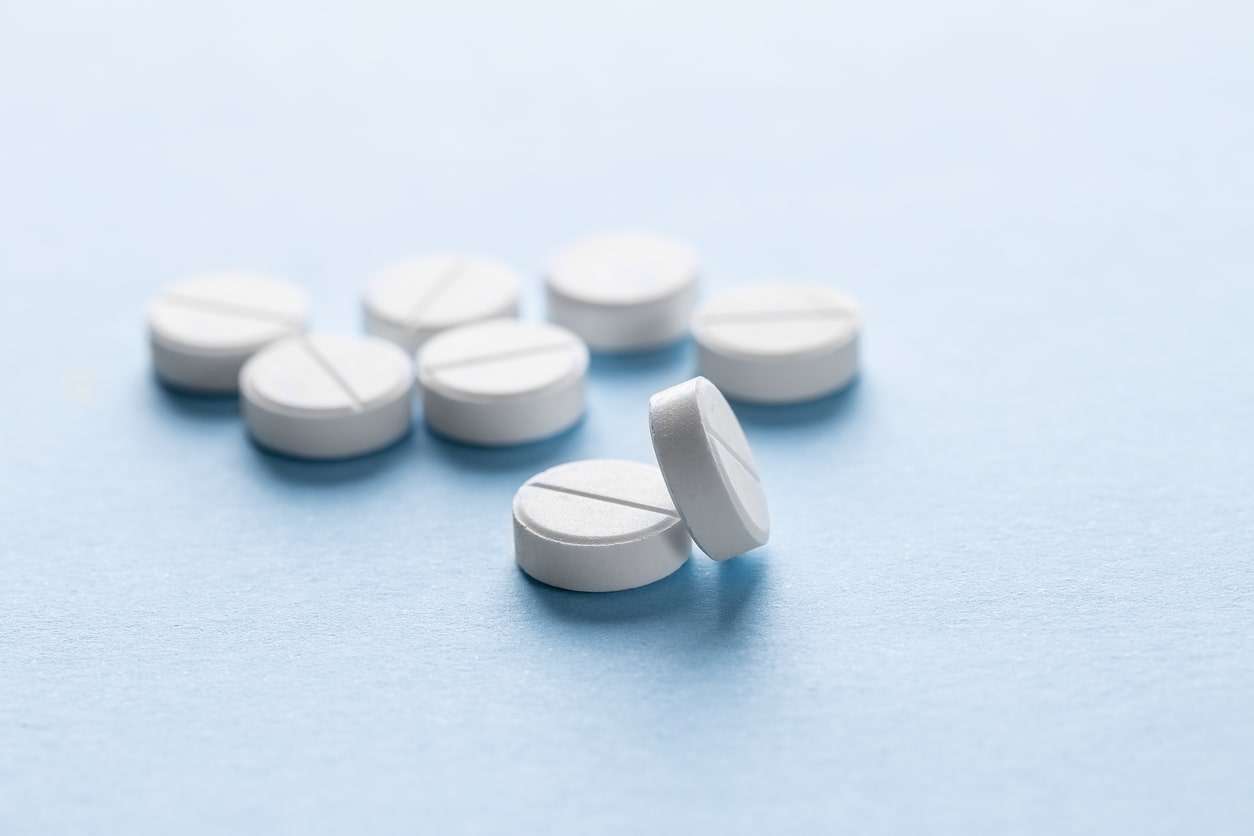Dry January is a trend where people start the new year by abstaining from alcohol for one month. Some people are joining along with friends while others are compensating for overindulging during the holidays. Still, others are sincerely reconsidering their relationship with alcohol. But if you are unable to make it through the month, or experience withdrawal symptoms during Dry January, then you might be addicted to alcohol.
If you find yourself unable to complete a Dry January challenge due to withdrawal symptoms, getting professional alcohol detox services can help you quit drinking safely. Detox ATL in Atlanta, Georgia, can help you begin the new year alcohol-free.
Do I Have a Drinking Problem?
Whether or not you have a drinking problem depends on what happened when you stopped drinking and why you couldn’t make it through Dry January. For instance, if you were sober for several days or weeks, but slipped when out with friends, you might have an issue with succumbing to peer pressure.
Others might wonder if they have a drinking problem if Dry January was more challenging than expected. As with any abstaining challenge, a change to your normal routine will feel disruptive. You could miss the routine of a glass of wine with dinner, for example. But, if you felt strong cravings or urges for alcohol or thought about drinking frequently during Dry January, this could mean you have a problem.
However, if you had withdrawal symptoms during Dry January, then you do have a drinking problem. Withdrawal symptoms occur when you suddenly stop drinking alcohol because you are physically dependent upon it. This means that your body and mind cannot function normally without alcohol.
What Are the Signs of Alcohol Addiction?
Alcohol addiction, also called alcoholism or alcohol use disorder (AUD), is a type of substance use disorder (SUD). The American Psychiatry Association (APA) defines an SUD as a “condition in which there is uncontrolled use of a substance despite harmful consequence.” The APA adds that people with SUD will “keep using the substance even when they know it is causing or will cause problems.”
Therefore, the main sign of an alcohol addiction is continuing to drink despite the harm that alcohol causes in your life. The following are additional signs of an alcohol addiction:
- Consuming more alcohol than you intended to on most occasions
- Drinking for longer than you intend (for example, going out for a drink after work, but then staying until closing time)
- Trying to cut back or quit drinking and being unable to do so
- Obsessing over the next time you will be able to have a drink
- Spending most of your time drinking or dealing with the aftereffects (like being sick or hungover)
- Drinking and recovering from the aftereffects interferes with your responsibilities, like going to work or taking care of your family
- Needing to drink more to get the same effects
- Blacking out or having lapses in memory when drinking
- Engaging in reckless behaviors under the influence, like drunk driving or unsafe sex
- Having withdrawal symptoms after you stop drinking
You might have displayed some of the signs of alcohol addiction mentioned above—even before Dry January. The more of these signs you have, the more likely it is that you have a drinking problem. But the biggest tell of having a drinking problem is if you had withdrawal symptoms during Dry January.
What Are Alcohol Withdrawal Symptoms?
Alcohol withdrawal symptoms are a sure sign that you have a drinking problem. These symptoms occur when you’ve become so accustomed to drinking alcohol that your body and brain cannot function properly without it. Withdrawal symptoms begin within a few hours after you stop drinking. They can range from mild to severe, depending on your level of alcohol addiction.
Some of the most common symptoms of alcohol withdrawal include:
- Anxiety and depression
- Difficulty sleeping
- Fatigue
- Headaches and body aches
- Nausea, vomiting, and diarrhea
- Irritability
- Excessive sweating
- Trouble concentrating or focusing
- Loss of appetite
- Mood swings and irritability
- Rapid heart rate
- Body tremors or shaky hands
Many people cannot handle the discomfort of withdrawal symptoms. They start drinking again as a result. In addition, those with a severe addiction can have dangerous withdrawal symptoms, such as:
- Seizures
- Severe confusion
- Hallucinations
- Fever
Severe withdrawal symptoms can be deadly if you try to detox without professional help. However, even mild withdrawal symptoms are a cause for concern. If you don’t stop drinking now, your addiction will continue to worsen.
What Do I Do If I Have Withdrawal Symptoms During Dry January?
If you have alcohol withdrawal symptoms, it is important to seek professional treatment right away. In an emergency, you may need to go to a hospital for immediate treatment. They can help you stabilize with an inpatient stay or send you to a detox center for alcohol addiction treatment.
Treatment services for alcohol withdrawal symptoms include:
- Medical support for physical symptoms
- Therapy and peer support for mental health symptoms
- Medication-assisted treatment (MAT)
- Aftercare at a residential facility or outpatient rehab program
Above all, don’t wait to get help if you can’t make it through Dry January. Your experience may have shed some light on your relationship with alcohol—and now is the time to make a change for the better.
Begin Alcohol Addiction Treatment Now
If you can’t make it through Dry January, you could have a drinking problem. Alcohol addiction is one of the most prevalent addictions in the United States. And if you have withdrawal symptoms during Dry January, you need help right now.
Detox ATL in Atlanta, Georgia, is here to help those struggling with alcohol addiction. Call us today at 470-828-2226 or visit our admissions page to begin alcohol detox.






